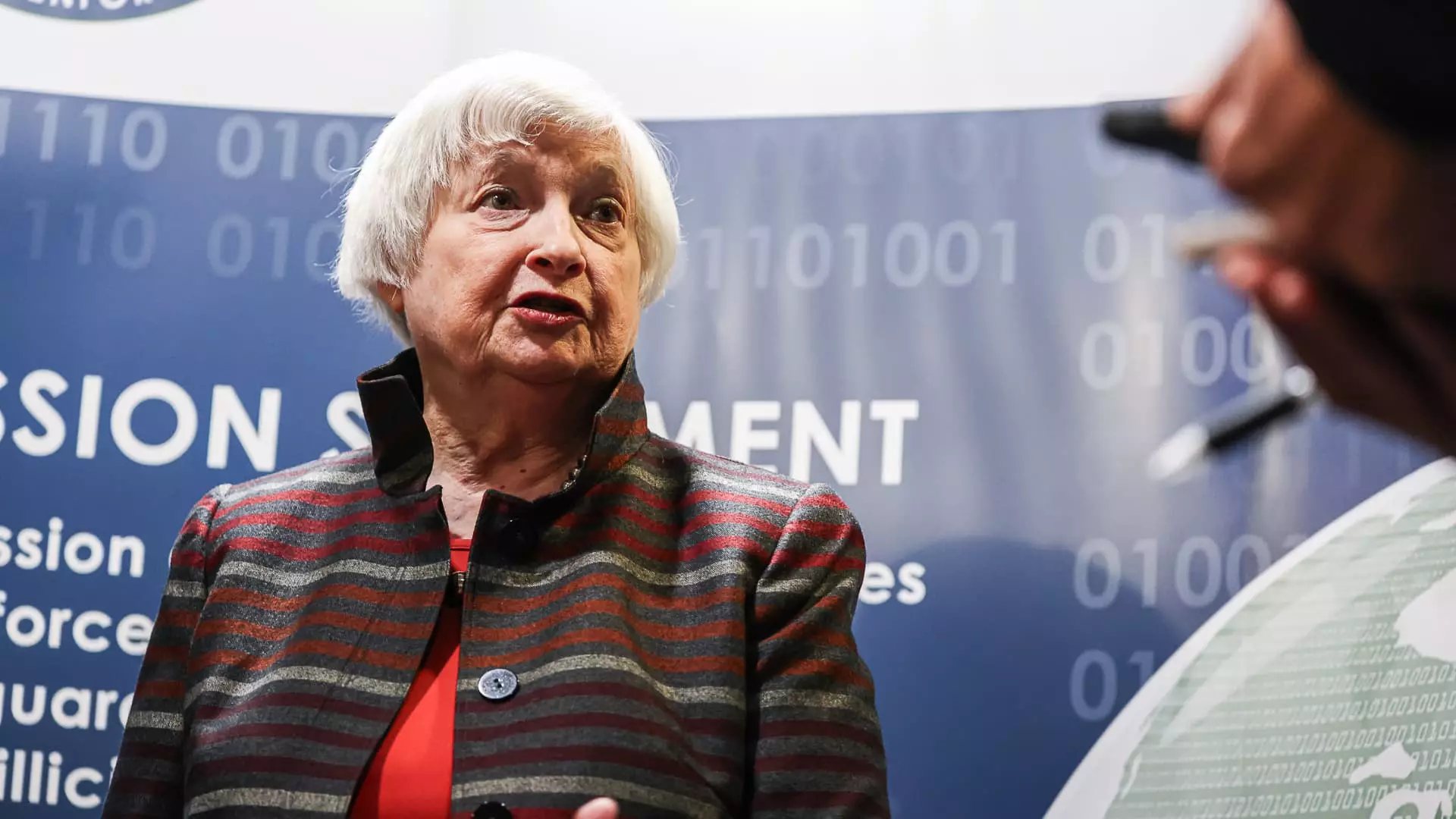The recent developments concerning the reporting of beneficial ownership information (BOI) have left many small business owners in a state of uncertainty. Initially set to take effect on January 13, 2025, the obligation for millions of small businesses to disclose information about their owners has been temporarily suspended due to a court order. This requirement, intended to unveil the identities of those who directly or indirectly control companies, aims to combat criminal activities that often exploit shell companies and convoluted ownership structures.
The regulation, introduced as part of the Corporate Transparency Act, emerged from a need for greater transparency in corporate ownership to deter money laundering and other illicit activities. By forcing businesses to disclose who truly owns them, regulators hope to close loopholes that have historically allowed criminal enterprises to hide their activities behind a veil of corporate entities.
The situation surrounding the BOI reporting requirement has taken numerous turns in the legal arena. Recently, the 5th U.S. Circuit Court of Appeals intervened, leading to a stay of enforcement while it considers the arguments regarding the constitutionality of the Corporate Transparency Act itself. The specifics of this legal debate hinge on concerns about government overreach and the rights of business owners. As Daniel Stipano, a partner at Davis Polk & Wardwell, noted, the outcome of this case remains uncertain, especially with oral arguments scheduled for March 25, 2025.
As a result of the injunction, small businesses are currently not obligated to file BOI reports with the Financial Crimes Enforcement Network (FinCEN), which is a significant reprieve. This suspension means that businesses can forego the potential civil penalties linked to non-compliance, which range up to $591 per day, alongside possible criminal fines and imprisonment for severe violations.
Federal estimates project that approximately 32.6 million businesses, including various types of corporations and limited liability companies, fall under the purview of this reporting requirement. However, it is critical to note that many businesses are exempt from these regulations. Companies generating over $5 million in gross revenue and employing more than 20 full-time workers are not required to disclose their ownership.
This nuance in the regulation highlights the complexity of compliance for small business owners who may be unsure of whether they fall under the applicable categories. As it stands, while the law mandates reporting, it is crucial for businesses to assess their status carefully, as it significantly influences their legal obligations.
Future Considerations for Small Businesses
As the legal situation surrounding the BOI reporting requirements evolves, small business owners should remain vigilant and proactive. The injunction’s duration is uncertain, and while waiting for a resolution, businesses can utilize this window to prepare for compliance, should the need arise in the future. Voluntary reporting remains an option for companies eager to demonstrate transparency even amidst regulatory ambiguity.
Furthermore, as discussions around corporate transparency continue to gain traction, the legal landscape may shift dramatically. Keeping abreast of the proceedings, interpretations of the law, and potential changes to the regulation will be essential for owners who wish to navigate this complex environment effectively.
The delay of the beneficial ownership information reporting requirement has opened a temporary reprieve for millions of small business owners facing invasive scrutiny amidst a shifting regulatory backdrop. As the legal system examines the constitutional implications of the Corporate Transparency Act, businesses must stay informed and prepared to adapt to whatever final outcomes emerge from these judicial deliberations. This situation serves as a reminder of the importance of corporate transparency, not just as a legal obligation but as a foundational practice for fostering trust with customers, partners, and the broader community.

